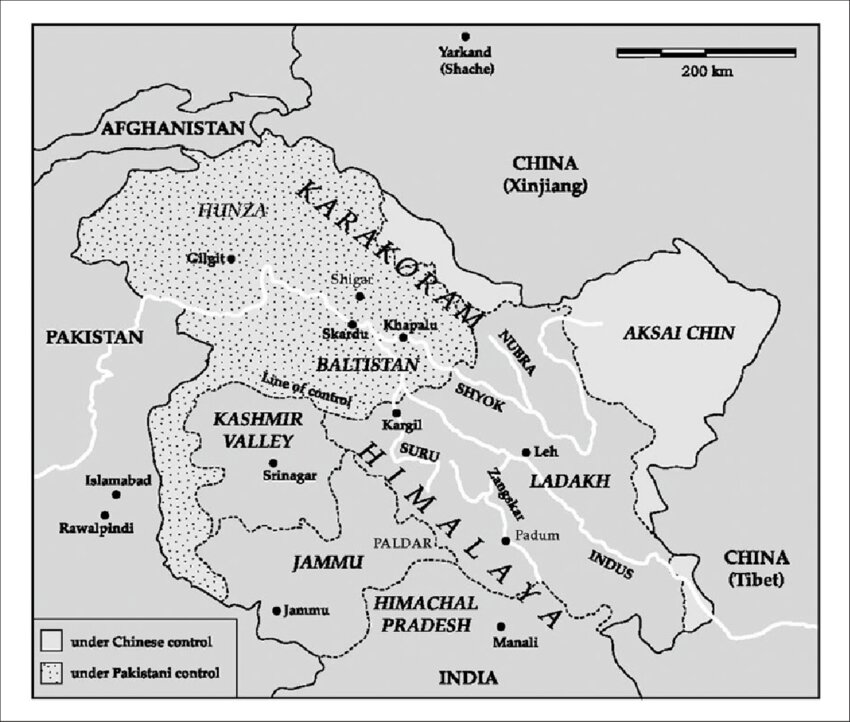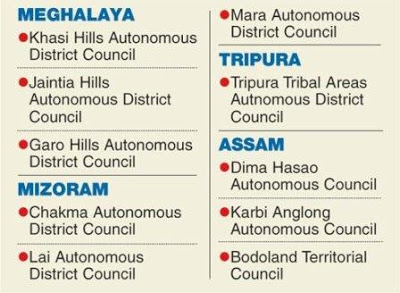‘Delhi Chalo Padyatra’: Sonam Wangchuk | 02 Sep 2024
Why in News?
Recently, over 100 volunteers, led by climate activist Sonam Wangchuk, began a foot march to Delhi, urging the Centre to resume talks with Ladakh's leadership on their four-point agenda.
Key Points:
- The ‘Delhi Chalo Padyatra’ was organized by the Leh Apex Body (LAB) and Kargil Democratic Alliance (KDA).
- 4 Point Agenda:
- They are advocating for statehood.
- Extension of the Constitution’s Sixth Schedule to protect local rights.
- Recruitment process with a dedicated public service commission for Ladakh
- Separate Lok Sabha seats for Leh and Kargil districts.
- Wangchuk, earlier in March held a 21-day long hunger strike in support of the demands.
- After Article 370's removal in 2019, Ladakh became a Union Territory under the Union Home Ministry's direct administration.
What is the Sixth Schedule?
- Article 244: The Sixth Schedule under Article 244 provides for the formation of autonomous administrative divisions, Autonomous District Councils (ADCs) that have some legislative, judicial, and administrative autonomy within a state.
- Current Status : The Sixth Schedule contains special provisions for the administration of tribal areas in the four north-eastern states of Assam, Meghalaya, Tripura and Mizoram.
- Autonomous Districts: The tribal areas in these four states have been constituted as autonomous districts. The governor is empowered to organize and reorganize the autonomous districts.
- District Council: Each autonomous district has a district council consisting of 30 members, of whom four are nominated by the Governor and the remaining 26 are elected on the basis of adult franchise.
- Powers of the Council: The district and regional councils administer the areas under their jurisdiction.
- They can make laws on certain specified matters like land, forests, canal water, shifting cultivation, village administration, the inheritance of property, marriage and divorce, social customs and so on. But all such laws require the assent of the Governor.
- They can constitute village councils or courts for trial of suits and cases between the tribes. They hear appeals from them. The jurisdiction of the high court over these suits and cases is specified by the governor.
- The district council can establish, construct or manage primary schools, dispensaries, markets, ferries, fisheries, roads and so on in the district.
- They are empowered to assess and collect land revenue and to impose certain specified taxes


